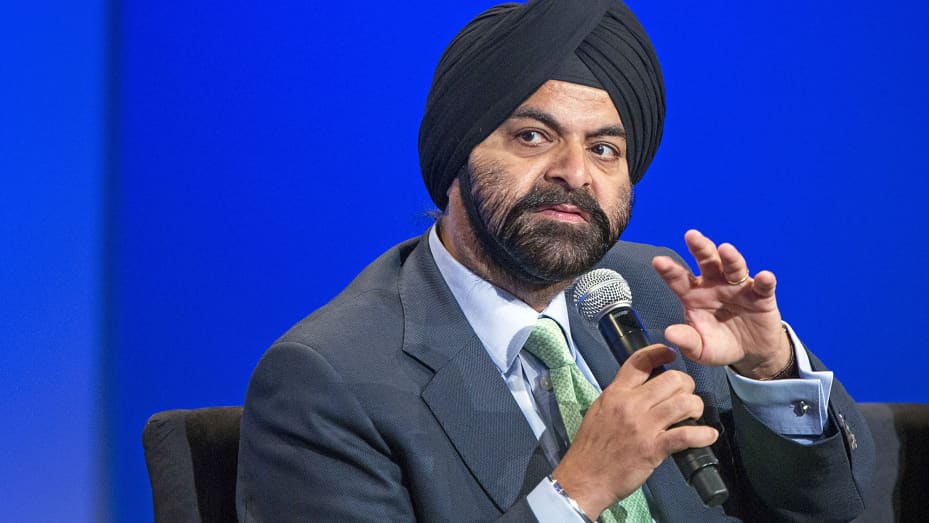The World bank Group has said in a new report that nearly 47% of Nigerians now live below the international poverty line of $2.15 per day, as economic pressures from Tinubu’s policies and rapid population growth further strain the nation’s resources. The report further said that low incomes of Nigerian workers have pushed an estimated 14 million more people into poverty in 2024. This is according to the World Bank report titled Macro Poverty Outlook; Country-by-Country Analysis and Projections for the Developing World. The report said “labor incomes have not kept pace, pushing an additional 14 million Nigerians into poverty in 2024. An estimated 47% of Nigerians now live in poverty, or below the international poverty line of $2.15 2017 Purchasing power parity, PPP.”
According to the World Bank report to address the swelling poverty rate, the Nigerian government has launched cash assistance programs aimed at 15 million households, with each household slated to receive N75,000 across three installments, reaching approximately 67 million individuals. Despite these measures, the World Bank projects poverty to reach 52% by 2026 if economic reforms are not intensified to protect vulnerable Nigerians from inflation and create more productive job opportunities.
The global multilateral financial institution said “Poverty is estimated at 52% in 2026. Reforms to protect the poorest against inflation and boost livelihoods through more productive work are key for Nigerians to escape poverty. A tight monetary stance while avoiding reliance on ways and means remains crucial for moderating inflation”
While the Central Bank of Nigeria (CBN) has raised the monetary policy rate by 850 basis points from February to September 2024 and increased the cash reserve ratio to curb inflation, these efforts have yet to fully restore purchasing power, the report notes. The World Bank stresses that macroeconomic stabilization alone will not enable Nigeria to achieve its growth potential. “While macro stabilization is essential and currently underway, by itself it is insufficient to enable Nigeria to reach its growth potential. Sustained efforts and the establishment of a credible track record are necessary to achieve sustained progress. Economic growth has struggled to keep pace with population growth, contributing to poverty exacerbated by double-digit inflation,” the report noted. It stressed the urgency of reform as the country faces challenges of economic growth lagging behind population expansion. It also called for a comprehensive approach to bolster resilience and create sustainable pathways out of poverty for the millions affected.
Trending Now

